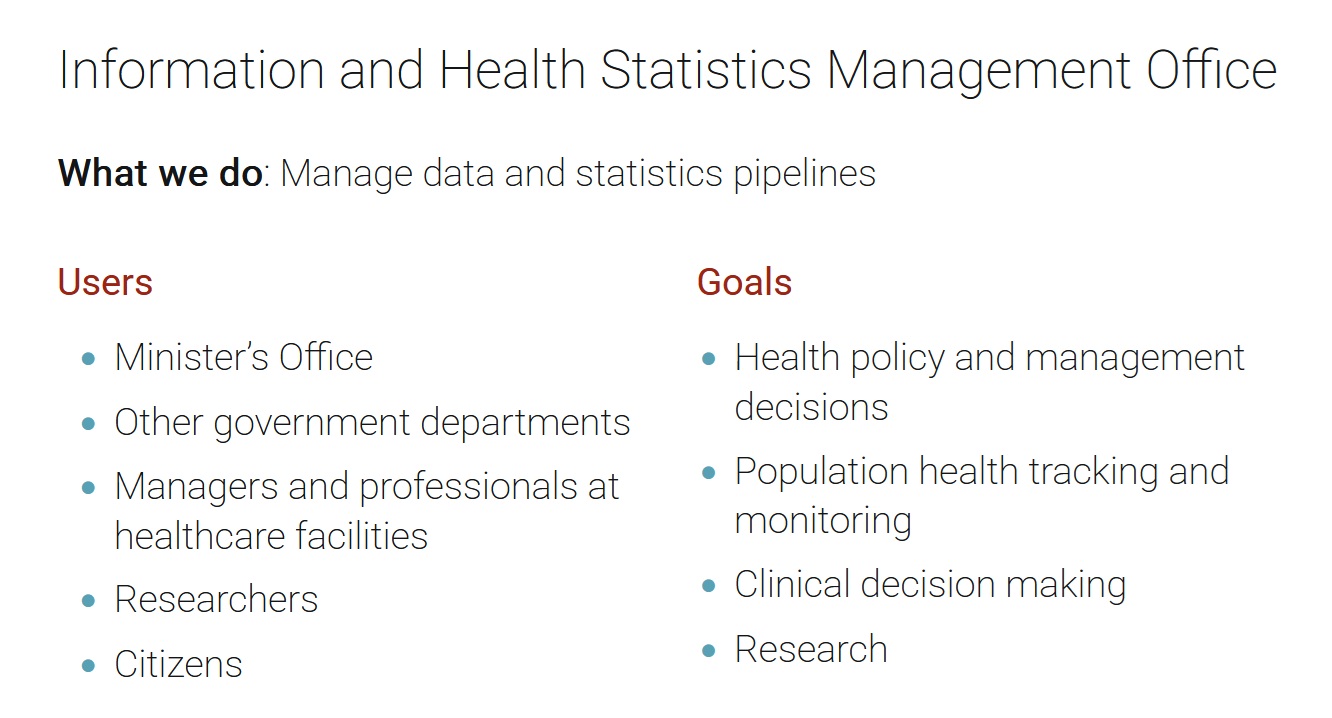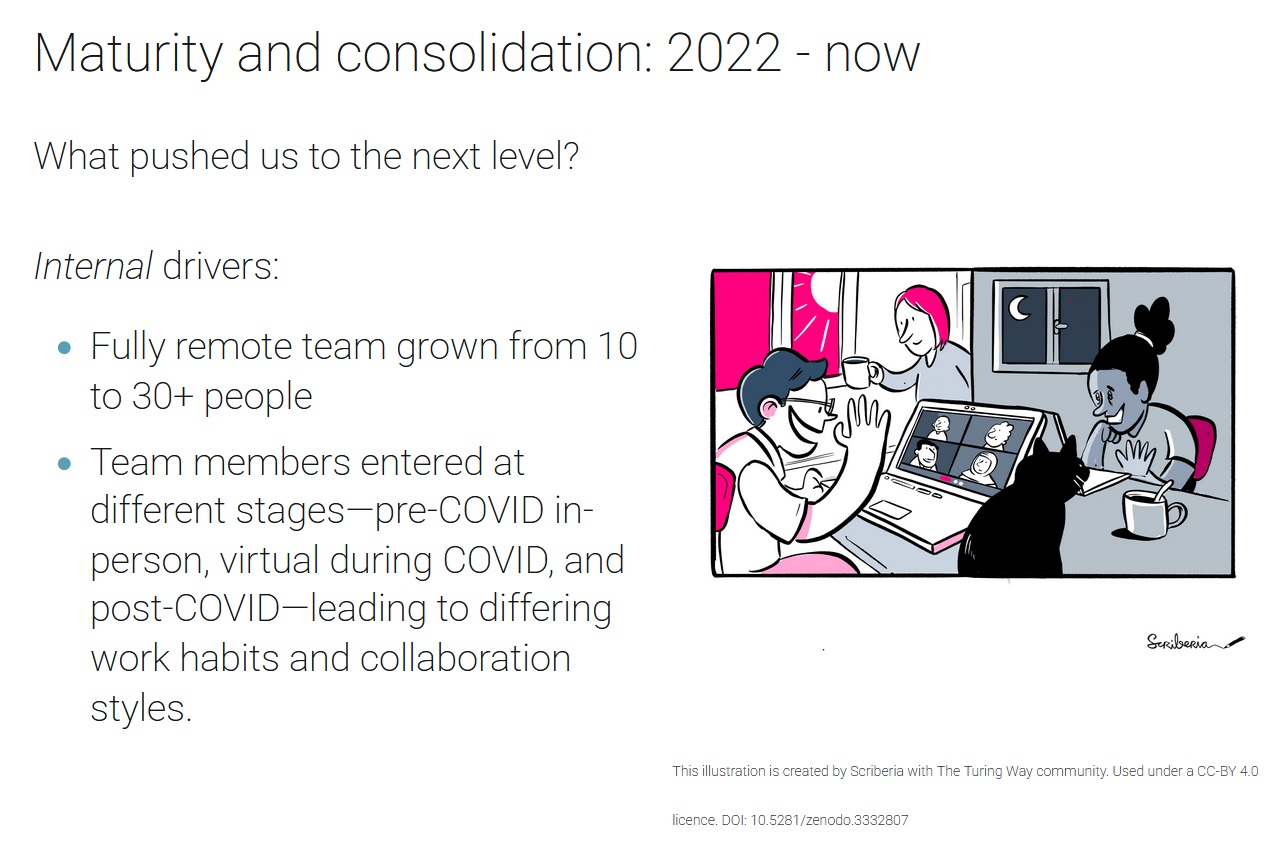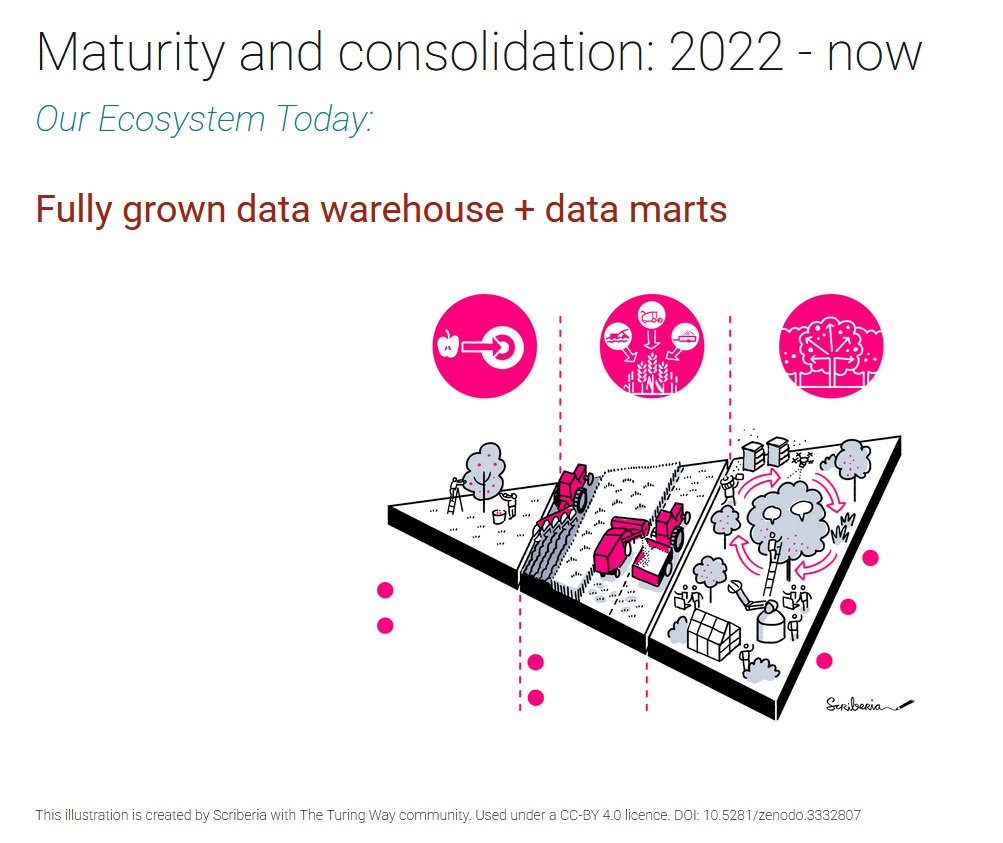Transforming Public Health Data Management (UseR 2025)
About our talk

The Health Information and Statistics Office within the Ministry of Health of Buenos Aires, Argentina, faced some key and unexpected challenges in its first year as an organization. As a small, 10-person team formed in 2019 building slow-paced data products with self-imposed goals, such as dashboards, they were hit with difficult tasks to be performed under pressure such as managing information and statistics flows during a pandemic for a city with 3M inhabitants and serving hundreds of physicians and decision-makers of the public sector with almost real-time information.
Over the years, the team has tripled in size and has played a key role in high-impact strategic data science projects. These include developing data science solutions for extracting information from free-text data, creating complex algorithms for processing data from the city’s Electronic Health Records, and implementing large-scale cost recovery initiatives in the healthcare system by cross-referencing massive datasets and generating +35k rendered documents per week shared with key agencies in the city.

To fulfill these objectives, our team has built a robust infrastructure and a wide range of digital products—all within the R ecosystem.

The talk covers the strategies, tools, and lessons learned in building efficient and reproducible data workflows in the public sector in a context of very limited resources, and we explore how R has been fundamental in transitioning from individual analyses to scalable, automated workflows.
- Link to the slides
- Link to the presentation’s video